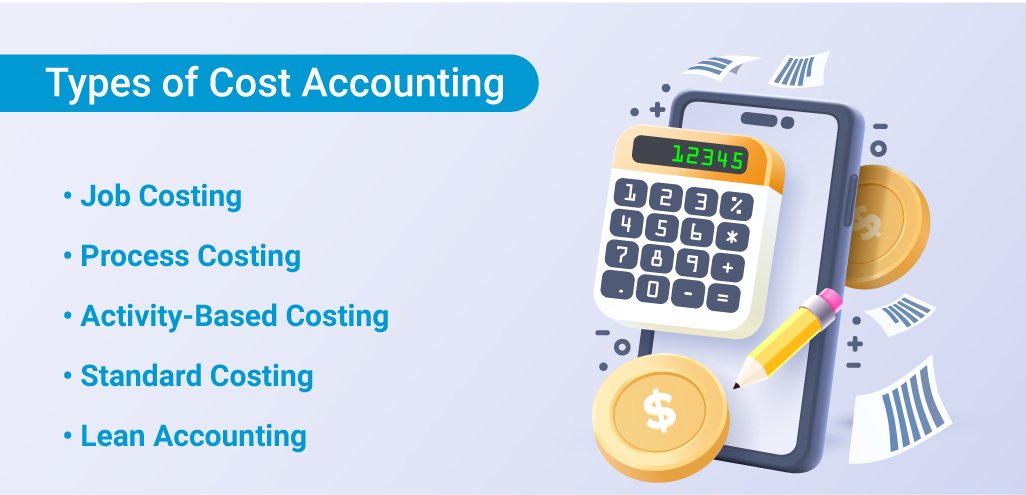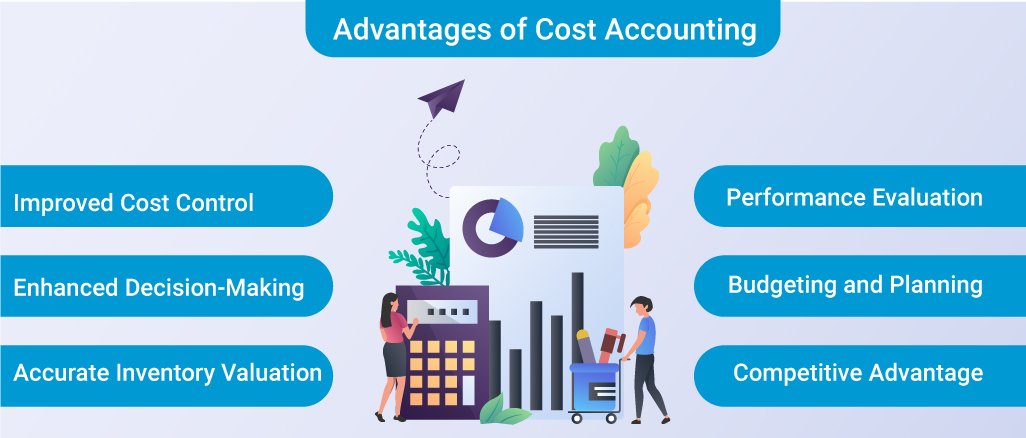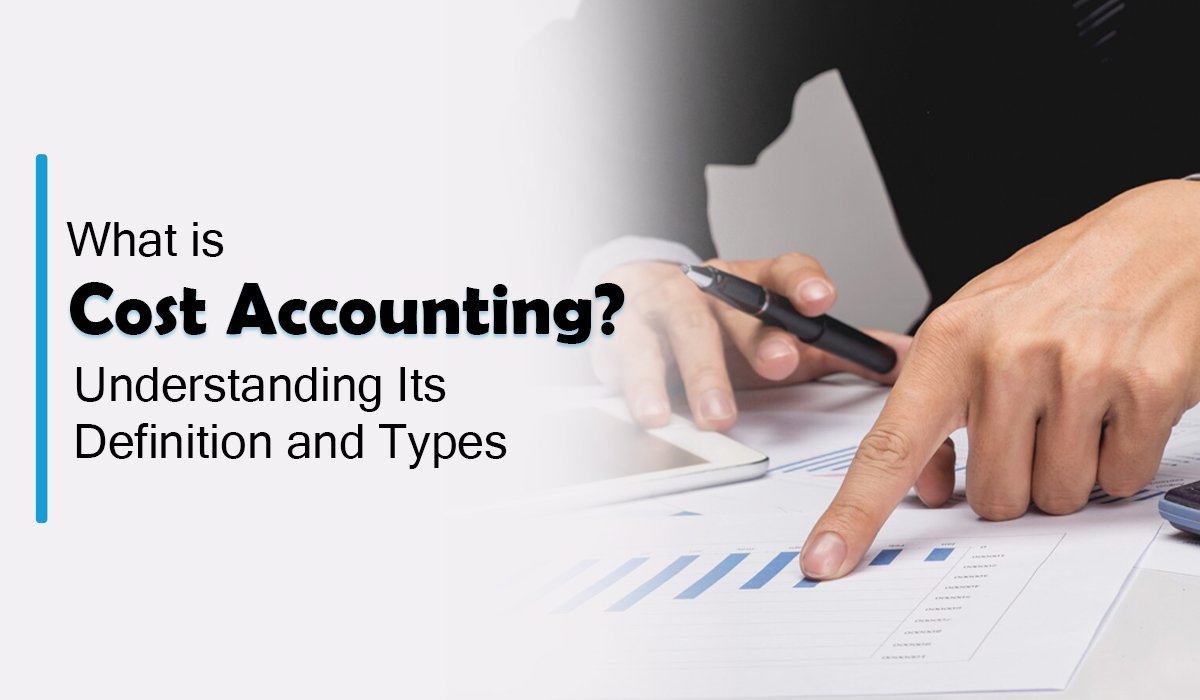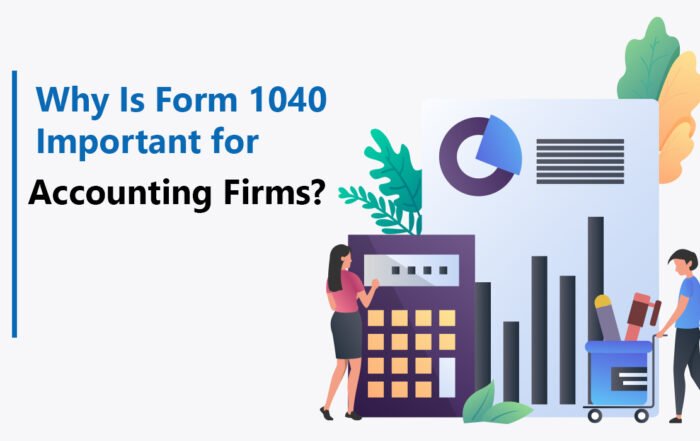Cost accounting is a critical aspect of modern business operations, providing valuable insights into the costs associated with producing goods or rendering services. In today’s competitive marketplace, understanding and effectively managing costs is crucial for making informed decisions, maximizing profitability, and achieving long-term success. In this comprehensive article. We will explore the definition of cost accounting, its importance, purposes, types, and advantages, ensuring a thorough understanding of this vital discipline.
What is Cost Accounting?
Cost accounting is a branch of accountings that focuses on the systematic recording, analysis, and reporting of costs associated with manufacturing, production, or service delivery processes. It involves the identification, measurement, allocation, and assignment of costs to specific products, services, projects, or cost objects. By providing detailed cost information, cost accountings enables organizations to accurately determine the true cost of their operations, products, or services.
Importance of Cost Accounting
The importance of cost accounting cannot be overstated, as it plays a pivotal role in various aspects of business management. Here are some key reasons why cost accounting is crucial:
- Cost Control and Reduction: Cost accounting helps organizations identify areas where costs can be reduced or controlled. Leading to improved efficiency and profitability.
- Pricing Decisions: By accurately determining the cost of producing goods or rendering services. It provides valuable information for setting appropriate pricing strategies.
- Profitability Analysis: Cost accountings data enables organizations to analyze the profitability of individual products, services, or business units, allowing for informed decision-making and resource allocation.
- Budgeting and Planning: Cost accountings information is essential for effective budgeting, forecasting, and strategic planning processes. Helping organizations make informed decisions about resource allocation and future investments.
- Performance Evaluation: Cost accounting data can be used to evaluate the performance of various departments, processes, or activities, facilitating continuous improvement and accountability.
Purpose of Cost Accounting
The primary purpose of cost accounting is to provide accurate and timely cost information to support managerial decision-making processes. Some specific purposes of cost accounting include:
- Cost Determination: Cost accountings helps identify and determine the costs associated with producing goods or rendering services. Enabling organizations to accurately calculate the cost of their products or services.
- Cost Control: By providing detailed cost information, cost accountings aids in controlling and reducing costs through identifying areas of inefficiency or waste.
- Inventory Valuation: Cost accountings plays a crucial role in valuing inventory, ensuring accurate financial reporting and compliance with accountings standards.
- Budgeting and Forecasting: Cost accountings data is essential for budgeting and forecasting processes, helping organizations plan and allocate resources effectively.
- Decision Support: Cost accountings equips managers with the information they need to make informed decisions across various aspects of the business. This can include setting product prices, evaluating the viability of new product lines, making outsourcing decisions, and optimizing production processes.
Types of Cost Accounting
Cost accounting encompasses various methods and techniques to capture, analyze, and report cost information. The main types of cost accounting include:

- Job Costing: Companies use this method when they produce or render products or services on a project or job basis. It involves accumulating and assigning costs to specific jobs or projects.
- Process Costing: Manufacturers utilize process costing in environments where they produce products through continuous or repetitive processes. Costs accumulate and assign to each process or department involved in production.
- Activity-Based Costing (ABC): Ideal for businesses with complex production processes or a significant amount of indirect costs. It provides a more accurate allocation of overhead costs.
- Standard Costing: Well-suited for businesses with stable production processes and high-volume production.
- Lean Accounting: Beneficial for businesses focused on continuous improvement and waste reduction.
What is Advantages of Cost Accounting
Implementing cost accountings practices offers numerous advantages to organizations, including:

- Improved Cost Control: Gain control over your spending. Cost accountings allows you to monitor costs in real-time, identify areas for cost-cutting, and implement strategies to manage expenses effectively.
- Enhanced Decision-Making: Make data-driven choices. Cost accountings reports provide insights to support strategic decisions regarding product development, outsourcing accounting, production levels, and marketing investments.
- Accurate Inventory Valuation: Cost accountings ensures accurate valuation of inventory. Which is crucial for financial reporting and compliance with accounting standards.
- Performance Evaluation: Cost accountings facilitates the evaluation of the performance of different departments, processes, or activities, enabling organizations to identify areas for improvement and implement corrective measures.
- Budgeting and Planning: Accurate cost information is essential for effective budgeting and planning processes. Helping organizations allocate resources effectively and make informed decisions about future investments.
- Competitive Advantage: By effectively managing and controlling costs, organizations can gain a competitive advantage in the market by offering products or services at more competitive prices or increasing profitability.
Conclusion
cost accounting is a vital discipline that provides organizations with valuable insights into the costs associated with their operations. By understanding its definition, importance, purposes, types, and advantages, businesses can make informed decisions, maximize profitability, and achieve long-term success in today’s competitive marketplace.
Contact Lints Advisors if you’re looking for an accounting firm as well. They are a vibrant, leading accounting company that provides bookkeeping, accounting, and tax organizations with offshore staffing services. Their objective is to help accounting businesses find highly qualified and dedicated staff at the most competitive pricing.
Financial Sector Trends: What the 2025-26 Budget Reveals
The Union Budget 2025-26, unveiled by Finance Minister Nirmala Sitharaman, has set the stage for transformative changes in India's financial sector. The upcoming budget concentrates on developing economic expansion while making credit options more accessible [...]
Empowering Women: Financial Planning for 2025
In today's dynamic financial world, empowering women through tailored financial planning is more crucial than ever. Women often face unique financial challenges, including longer life expectancies, career breaks for caregiving, and persistent wage gaps. Addressing [...]
Why Is Form 1040 Important for Accounting Firms?
When it comes to the world of taxes, Form 1040 holds a central position. It is often referred to as the "U.S. Individual Income Tax Return" and serves as the primary document taxpayers use to [...]





